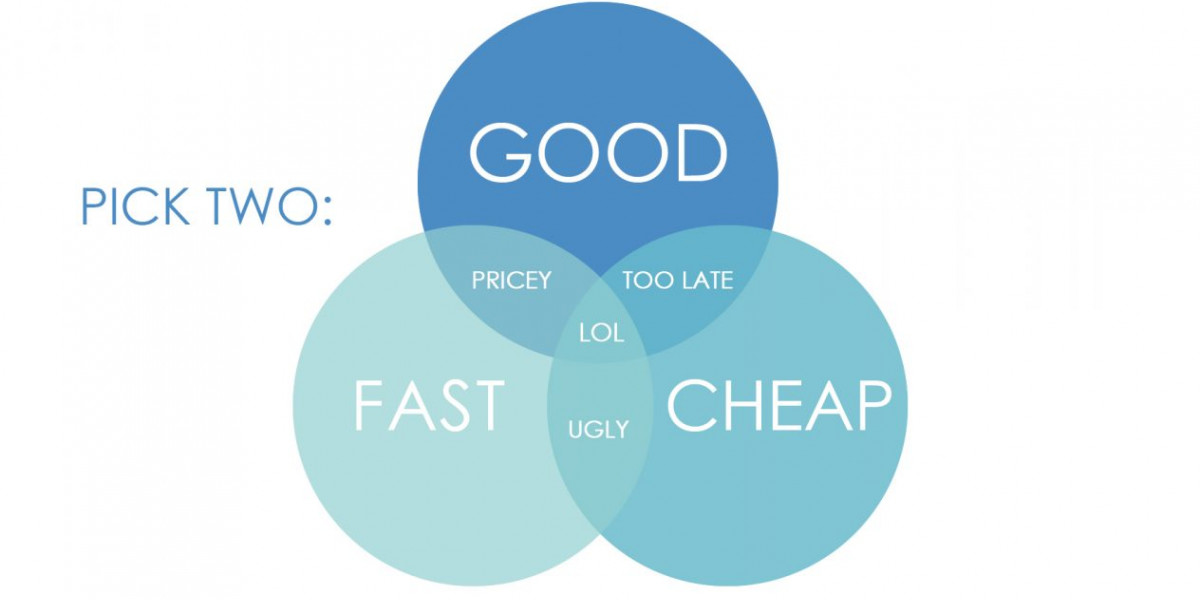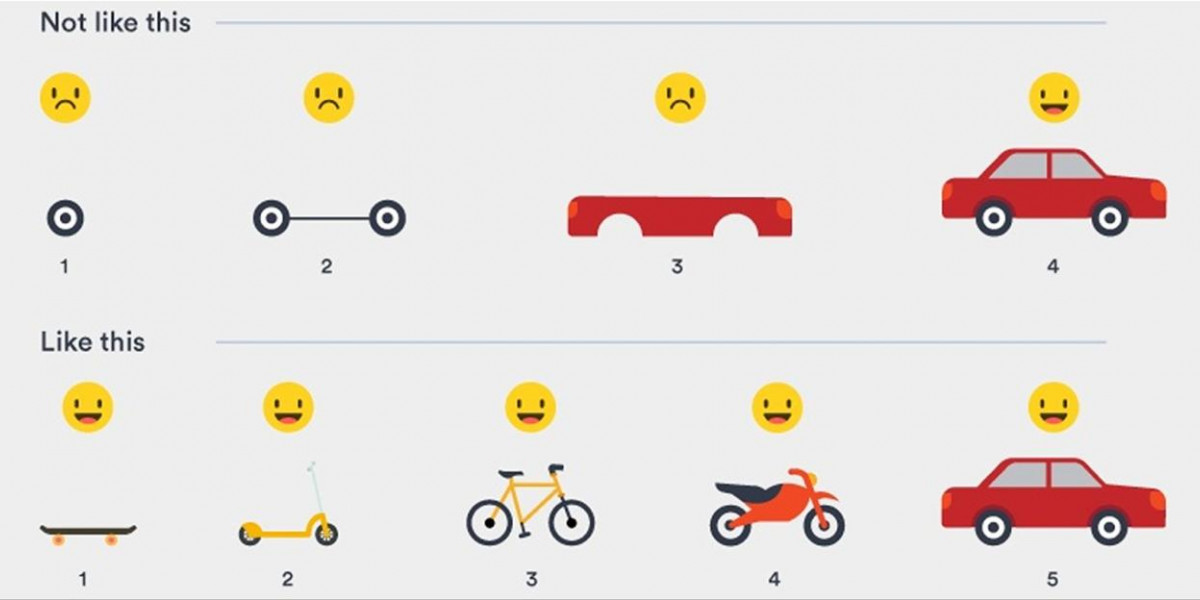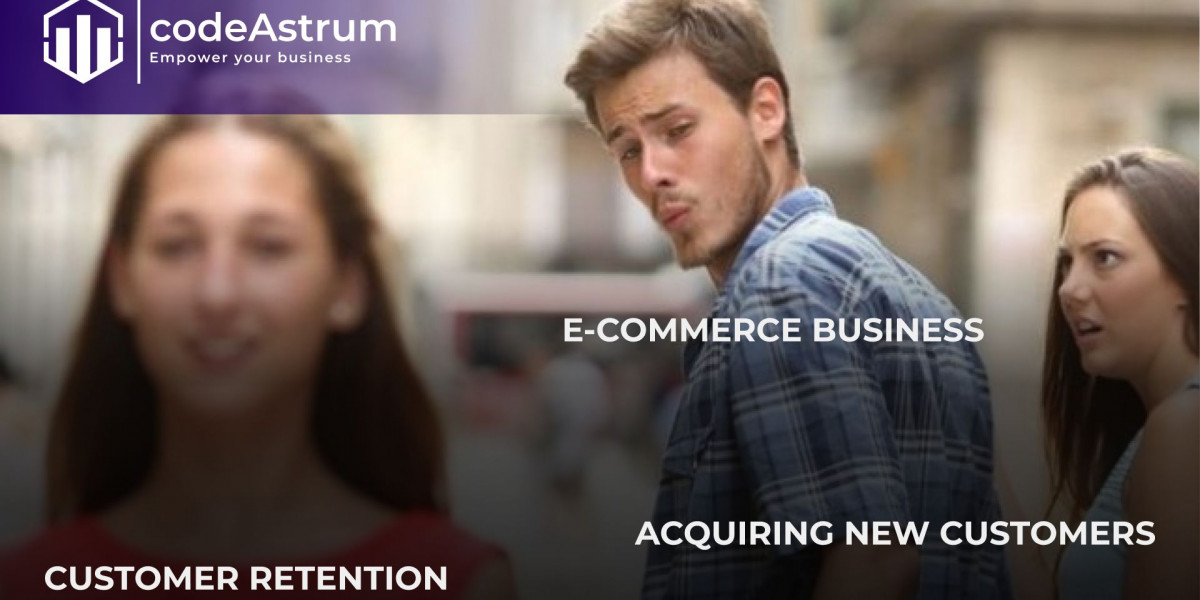Psychology of choice Pt.1

Everything behind the scenes of e-commerce, marketing and promotion is sheer psychology. That’s a fact. Let’s get straight to business now: what and why actually works in e-commerce sector?
A purchase is always an outcome of a potential buyer’s journey, which is built relying on premises and strategies of psychological essence. What can experts in marketing do to trigger this journey and make it an effective one? Definitely, they ought to trigger motivation in a smart and constructive manner. According to Foggs’ Behavior change model, there are three core elements in every behavioral pattern of a person, namely, motivation, ability, and a set of diverse triggers. Furthermore, the concept of motivation entails one of such categories as sensation, social belonging, or anticipation. This means that, basically, buyers are motivated by emotions and/or conditions they expect to receive when making a particular purchase.
Evidently, becoming an owner of a painted metal construction with numerous high-tech solutions within is not a major motivation, but becoming an owner of Ferrari means quite much – starting with sensation of contentment, power, and satisfaction, and up to “dreams come true” conception of happiness. Hence, people actually buy an opportunity to look good – and so to feel good about themselves, a sense of hope, or an instrument to avoid pain or discomfort of various ranges.
People are also ready to pay for a story behind the product. They value reputation, power and identity. They buy a Chanel item because there is tremendous power and beauty behind this brand, and this adds value to their self-perception and self-representation.
Yet, motivation is not enough sometimes. Ability often becomes a barrier, and it can expand from financial ability to pay for a product up to sufficient knowledge about it and its potential, and even enough time to make a decision and actually buy the item is also a significant aspect that should be taken into account and approached correctly. Again – psychology is a key to unlock this crucial door.
Now, both motivation and ability are ongoing states with broad meanings for each target audience, yet triggers are basically tools to make them meet and result in a purchase – triggers that have been embedded in your Facebook ad lead the potential customer to the action here and now. That is why it is so vitally important to actually know who your target audience is and what language this audience prefers when communicating.
Yep, this is usually called a marketing strategy. We call it – expertise in psychology.
To be continued…

 Fast, cheap, or good
Fast, cheap, or good
 First releases don’t need to be perfect.
First releases don’t need to be perfect.
 A seamless experience = repeat sales.
A seamless experience = repeat sales.